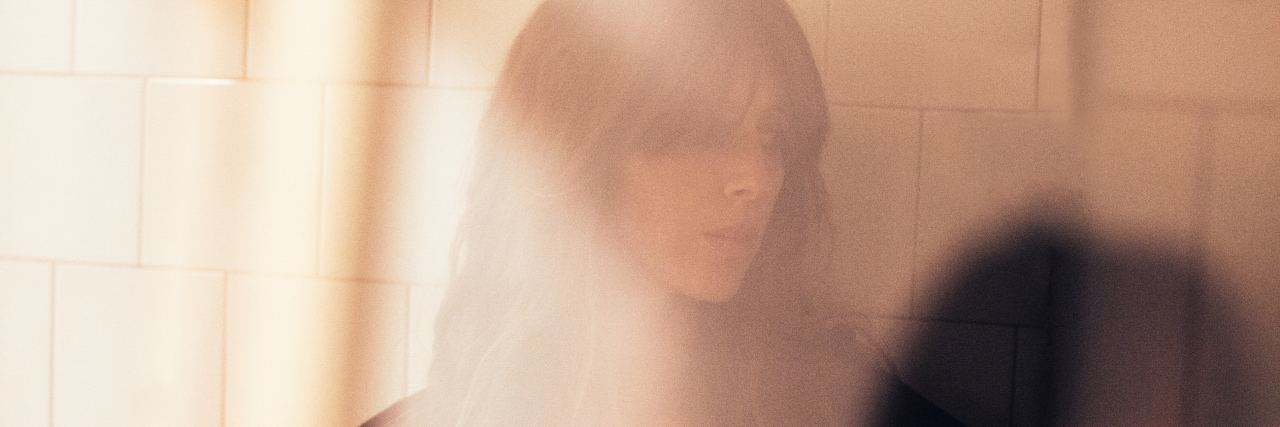What Childhood Emotional Abuse and Depression Taught Me About Being a Mother
Editor's Note
If you have experienced suicidal thoughts or emotional abuse, the following post could be potentially triggering. You can contact the Crisis Text Line by texting “START” to 741741.
If you or a loved one is affected by addiction, the following post could be triggering. You can contact SAMHSA’s hotline at 1-800-662-4357.
It was 1988 and I was 6 years old when I was first analyzed and diagnosed. I did a lot of play therapy during that time; my favorite was slamming a pile of clay on the ground from the top of a set of stairs and screaming out the things that made me angry:
“Mom forgetting to pick me up from school.”
“The needles in her car when she does pick me up.”
“Dad yelling at me until I cry.
“Yosef calling me stupid.”
“Dad hitting my brothers.”
“I hate my life.”
Even now, throwing clay, breaking plates and screaming help me give voice to my illnesses, alleviating the pressure a bit.
Growing up “broken down” allowed me to make friends with my depression, which was the only constant I had as I got older. It was the original frenemy — something that knew me so well and I was so used to having around that, when it overtakes me now, I know how to handle it. It’s a comfort to know how to survive myself, how to manage the waves. But as a kid, it was terrifying to not be understood by anyone around me and to have this destructive force in my head telling me I would never belong, that I was of no value. These sentiments were echoed by the people raising me; I was seen as an added burden during an already tumultuous time.
I internalized their perspectives and fed my depression with them, allowing their truth to define me and my childhood. For so long, we all were on the same page in that my invisible illness was something I could get over if I tried hard enough, that it would pass if I didn’t give into it, that it wasn’t as hard as other people have it. But as I grew up through addiction, therapy, failed attempts at early stage depression meds, emotional abuse, suicidal thoughts and all the other teenage drama that comes along with life, I learned I could rely on my depression as a consistent, reliable force I could actually understand. It was so much easier to allow it to overtake me for weeks at a time and just curl up inside of darkness instead of attempting to fight the only thing that had always been there with me. When my family asked how I was doing in those times, I would ask them to be proud of me for surviving this long.
When compared to something like cancer, which had affected my stepmother and taken my grandmother, depression was laughable to them.
“Surviving what?”
“Myself.”
They would laugh and say something like, “being ‘crazy’ isn’t deadly, you don’t know suffering like chemo, what do you even deal with?” When you grow up with a mental illness, your reality is altered in a way that, as you continue to develop, the normal dips of life become unbearable and taking your life becomes a daily siren song that promises to take the pain away.
As I raise my kids, I remember the only thing I wish I had during my childhood: a person who loved me to tell me I meant something to them; that, for them, I had a purpose in their life. When my daughter comes to me and says she doesn’t know why she’s crying, why her heart hurts, why it all seems dark right now, I have the chance to give her an external perspective that sees her as a valuable, cherished light in our lives. Being a parent who struggles with mental illness and who grew up in a home that had no way to empathize has become a blessing, because now I know what not to do. I just hope I’ll be enough to see them through their darkness.
Photo by Jelena Koncar on Unsplash

